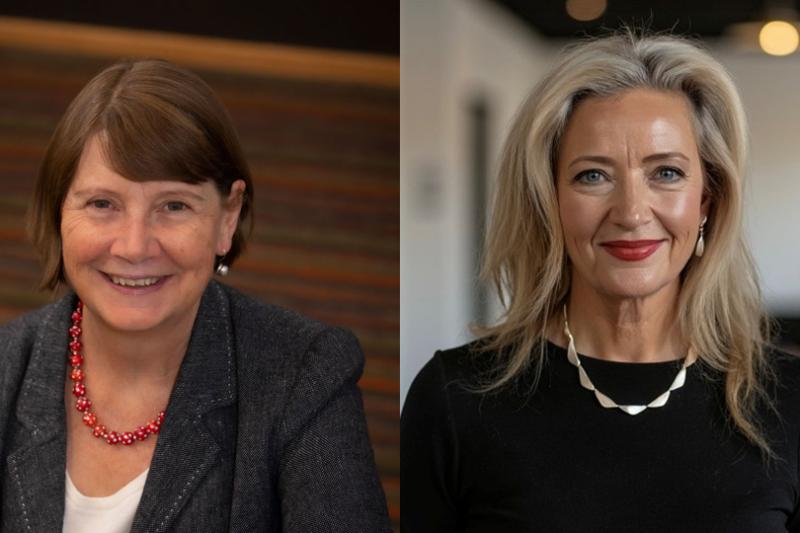Unequal from the start: The achievement gap & the early years
We know that the first years of life are crucial to the development of children. We also know that, without the right supports in place, disadvantage in early life can have a profound impact on a child’s educational journey.
Evidence shows there is a persistent ‘achievement gap’ in Australia between children from advantaged and disadvantaged backgrounds, and that gap tends to widen over time.
This policy brief outlines a recent study by the Mitchell Institute, Unequal from the start: The achievement gap and the early years. The research examined early cognitive and developmental differences among children aged from birth to five years. It found that the effects of socioeconomic disadvantage were evident in children’s development from as early as two to three years old.
The findings underscore the ongoing need for policy changes to address educational inequity, and to overcome the effects of disadvantage before they become entrenched. This research adds to our understanding in this area, by showing how structural inequality sets in, and just how early in a child’s life this can occur.
The report, grounded in evidence from longitudinal research, adds new insights to debates on early childhood policy in Australia.
Key points
- Our research shows that the influence of socioeconomic status on children’s learning outcomes begins from an early age. Before the age of two years, there is little evidence of an achievement gap between children from different socioeconomic backgrounds. However, by the age of four years, children from more advantaged backgrounds are scoring higher on achievement measures, a trend that continues through the school system and beyond.
- This research suggests that addressing this ‘achievement gap’ requires greater focus on the earliest years. However, changing learning trajectories is complex and will likely require a different approach to the current model.
- As Australia moves to a ‘universal’ early childhood education and care (ECEC) system, it should investigate different models that provide more holistic support to children and families and direct more investment to services that cater to children from disadvantaged backgrounds.




